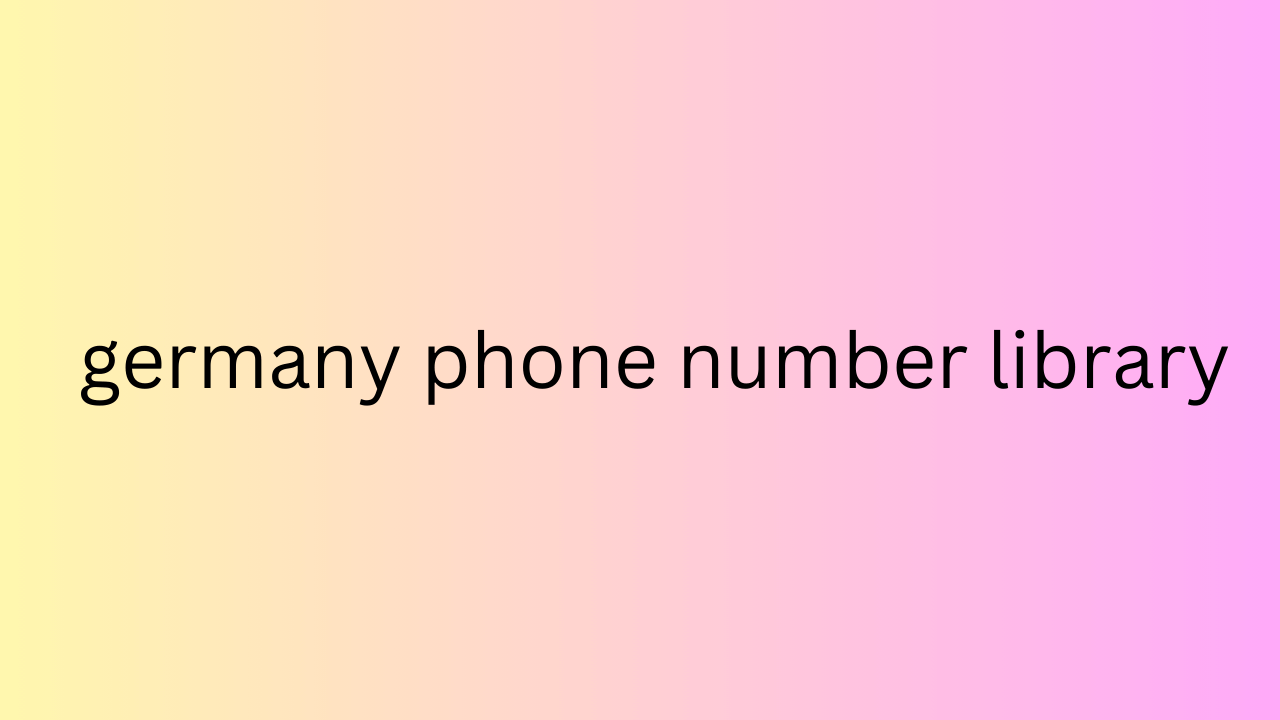PHASE 3 of organizing a webinar Defining the audience and the objective of the event
Posted: Tue Dec 03, 2024 8:25 am
Once the calendar of events has been roughly defined, it is time to decide who to dedicate the topics of our webinars or live talks to from time to time, and to define the objective of our activities. On this point, the most common mistake is to remain vague in defining audiences and objectives. For example, organizers often prefer the " quantity " of participants over their quality, or define a generic objective , or rather, do not define any. The secret - instead - to organizing successful webinars is to decide for each of them an audience that is as "small as possible" , for example "only marketing managers of companies in the luxury sector with a turnover of more than 5 million euros". By choosing small and defined audiences - which do not necessarily have to remain the same from event to event - you are able to focus your energies on activities that are sure to be effective, as we will see later. Furthermore, by keeping the germany phone number library recipients in mind, choosing the objective - and therefore the topic - is also simpler . For example, if we decide to address "only marketing managers of luxury sector companies with a turnover of at least 5 million euros", we know that the topic of the event must be related to the world of marketing applied to luxury, and that the objective could be - for example - the download of a white paper dedicated to that sector. At Neosperience, we initially made the mistake of aiming for an audience that was too broad and poorly defined , in order to have the largest possible audience. The problem with this approach is that it creates a conversation that is not very personalized with respect to the needs and problems of the people present. The price for this was obviously the results. Once we understood the mistake, we decided to change strategy: by focusing on single categories - with an approach that we can define as Account Based Marketing - we saw the number of participants decrease, but at the same time interesting leads began to arrive and with which we were able to build new relationships and commercial offers . So, even in the case of online events, it is quality that pays.

Conclusions
We have seen the first 3 phases to organize a successful webinar. If you want to know more and discover the secrets about the phases:
Defining tone and topics
Event promotion on different touchpoints
Funnel definition and invitation organization
Preparation of event materials and lead generation
Go live!
Follow-up: contact management and content dissemination
Download our whitepaper! It's free and will help you sell and promote your business!
Acquire new leads
from your site with
Lead Champion!
Discover companies that visit
your products and services.
Start your free demo
of Lead Champion now and

Conclusions
We have seen the first 3 phases to organize a successful webinar. If you want to know more and discover the secrets about the phases:
Defining tone and topics
Event promotion on different touchpoints
Funnel definition and invitation organization
Preparation of event materials and lead generation
Go live!
Follow-up: contact management and content dissemination
Download our whitepaper! It's free and will help you sell and promote your business!
Acquire new leads
from your site with
Lead Champion!
Discover companies that visit
your products and services.
Start your free demo
of Lead Champion now and